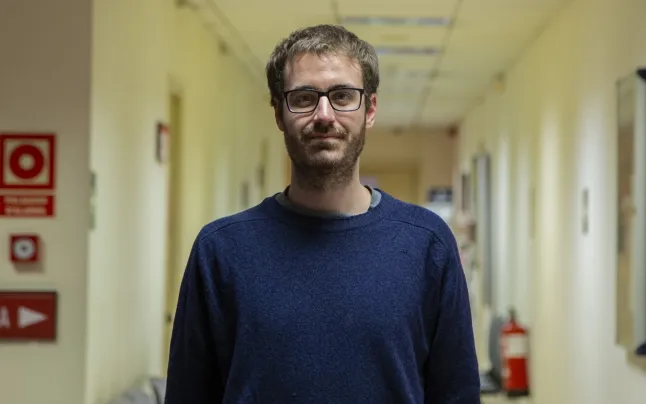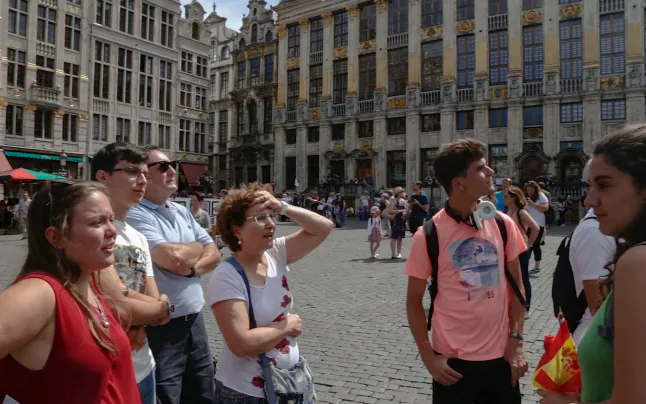ODG and Fotomovimiento film the documentary “Free tours, treballar per propines” (Free tours, working for a tip”, which places the spotlight on precarious jobs created by platform capitalism in the tourism industry.
Thanks to the collaboration between the Observatori pel Deute en la Globalització (Observatory on Debt in Globalisation - ODG) and Fotomovimiento, the documentary illustrates a pattern similar to the one seen in sectors such as riders: bogus self-employment that is explained as a component of the collaborative economy but which, in some cases, is used to cover up business practices where there is a clear hierarchy, labour relations based on exclusivity and working in defined shifts.
We interview Oriol Daviu, the scriptwriter and director of the documentary.
In appearance, how do “free tour” workers work?
In this job, a person offers a guided tour of around two hours and, at the end of the tour, tourists give them a tip. In theory, giving tourists the freedom to choose the price they will pay to the guides means they are more willing to go on a guided tour.
And what is the reality of this?
The reality is that most companies, especially those operating at a multi-national level, distorting the concepts. “Free tours mean the tourist decides how much they pay, but they have been made to see as if they are free of cost”.
While workers are considered as self-employed in a marketing business, very often there is a clear hierarchy and control on the way they work. In some cases, the guides must follow defined itineraries and I’ve heard testimonials saying that the company remotely controls their moves through on-line applications.
Do they earn their salary just on tips?
For some, this is their only source of income, while for others, it is a top-up for other activities. It’s hard to generalise. It’s a very new job category and many of the companies are fairly new. What we can say is that there is a very high rotation and instability.
So there’s a legal void. Can we use the expression “For every law there is a loophole”?
There is a legal loophole, but what political groups are saying is that this is very hard to regulate. There’s a European law that makes it hard, the EU Services Directive, also known as the Bolkestein Directive, which deregulated the tourism sector and has created a regulatory framework, since 2006, which makes it difficult for local or regional administrations to legislate on this matter.
Does the sector have any proposals to revert these precarious jobs?
Official tour guide associations have come up with clear proposals, such as charging a tax on guides wishing to work in high-density areas. This would avoid two things: on the one hand, it would stop overcrowding in public spaces and, on the other it would put an end to the high rotation and instability in “free tour” companies. Workers of “free tours” would have to pay an individual tax, which would reduce the number of people who choose this option as a three-month summer job and then leave.





Add new comment